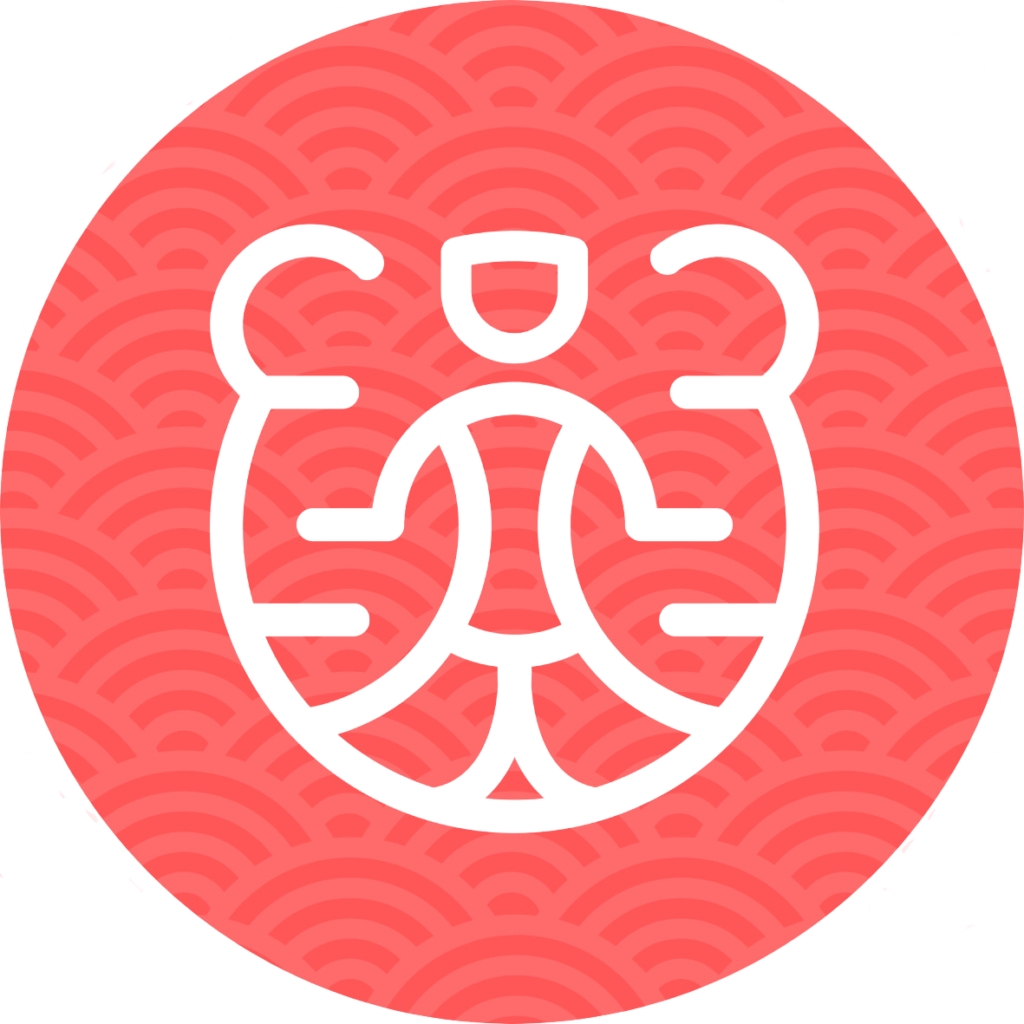In my untigering journey, I have been so grateful to learn from wonderful advocates of gentle parenting—the researchers, doctors, parents, teachers, and writers who have encouraged and challenged me to be a more respectful, empathetic, positive and playful parent.
But there’s one thing that I’ve noticed.
Much of the gentle parenting resources out there are created with the traditional, middle-class white family in mind, whether consciously or unconsciously. Instead of addressing social dynamics and different cultural norms that may lead to unhealthy parenting, gentle parenting advocates deal mostly with the dynamics within the family.
Being woke, however, requires us to zoom out beyond this molecular view of the nuclear family. It compels us to view parenting with both a micro and a macro lens—understanding triggers, brain science, and emotional intelligence, as well as recognizing how intersectional social factors and systems influence parenting.
Here are 3 suggestions for how gentle parents like us can stay woke.
1. Understand Your Privilege
If you think it’s hard to not lash out at your kids when you have a partner, a steady income, a membership at the yoga studio, and a housecleaner that comes every Wednesday, imagine how hard it must be for someone who doesn’t have those same means or support.
Imagine parenting as a single mom, as an immigrant, as a person who fears for their life because of their race, their faith, or their sexual orientation. Consider what it might be like to live in an authoritarian and patriarchal culture that finds gentle parenting completely foreign, rather than in a country that upholds democratic ideals and celebrates individual autonomy.
I recognize the many privileges I have as a parent: a committed partner who is a loving and engaged father; physically and mentally healthy family members; a stable income with a flexible schedule that allows me to stay home and my husband to be very involved; easy access to gentle parenting resources in English…
But just as I understand my privilege, I understand my lack of it as well. Many gentle parenting resources feel inaccessible to me because they do not take my cultural background into consideration—the cultural codes, perspectives, and expectations that make emotional connection and respect for my children challenging. Few of us Asian Americans have experienced gentle parenting in our own lives, and lack culturally relevant role models to emulate. That is what motivated me to start the Untigering blog and the Untigering Parents group: to address the unique obstacles that many Asians and Asian Americans face on the road toward gentle parenting.
This twofold understanding of privilege keeps us humble as we recognize both the benefits we enjoy and the burdens we carry into our parenting. Acknowledging our own privilege gives us compassion for others. Acknowledging our lack of privilege gives us compassion for ourselves.
2. Recognize How Social Issues Affect Parenting
However much we’d like to believe that we can protect our children from outside forces, social, political, and economic issues inevitably affect family dynamics.
Let’s take racism, for example. This US report shows that in 2016, Native Americans had the highest child abuse rates, with African Americans following closely behind. Asian Americans came in lowest.
It would be pretty easy to make gross generalizations about certain racial groups based on this data, but doing so would completely ignore how racism contributes to family trauma.
Ta-Nehisi Coates, in his brutal memoir Between the World and Me, wrote of how many black parents resort to violence against their children in order protect them from violence from the police.
“Now I personally understood my father and the old mantra—‘Either I can beat him or the police.’ I understood it all—the cable wires, the extension cords, the ritual switch. Black people love their children with a kind of obsession. You are all we have, and you come to us endangered.”
In Sherman Alexie’s* novel, The Absolutely True Diary of a Part-Time Indian, Junior’s father is an alcoholic, disappearing for days and weeks at a time. Rowdy’s father beats him. But the withdrawal, addiction, rage, and violence that we see played out in the foreground have a backdrop of Native American subjugation.
“We Indians have lost everything. We lost our native land, we lost our languages, we lost our songs and dances. We lost each other. We only know how to lose and be lost.”
Racially oppressed communities face systemic obstacles that make it difficult for them to gain wealth, receive support, have access to education and resources, and fully embrace their cultural and ethnic identities. Such social stressors inevitably affect one’s ability to parent with empathy, mindfulness, and respect.
In addition, although abusive parenting should rightly be denounced, parents of such communities are the ones most often punished and criminalized for such behavior. Racial profiling distorts the reporting of child neglect and abuse, making certain groups more vulnerable to the scrutiny and intervention of government authorities while turning a blind eye to others. Whether it’s the welfare queen, alcoholic deadbeat, or model minority, such stereotypes perpetuate a vicious cycle that only serves to confirm biases about who makes a good parents and who doesn’t.
Instead of berating those who are struggling, let’s recognize the host of social issues that parents (ourselves included) may be dealing with, whether racism, classism, sexism, ableism, or the many other ways we humans use power over one another.
Let’s withhold judgment, resist the labels, and seek to understand each others’ stories.
3. Support Under-serviced Communities
Parenting is a communal endeavor. It requires us to have a collective mentality rather than an individualistic one, caring about what happens in our neighborhoods as well as what happens inside our own home. If we want to see all families thrive, we must pair our advocacy for gentle parenting with advocacy for underserviced communities. Helping to create a culture in which healthy family relationships can flourish is vital to all of us, but especially to families that are at risk because of lack of power, education, resources, and wealth.
Where I live, I have been involved in work with orphanages and sexually exploited women. Most children in orphanages are not truly orphans but have been abandoned because of poverty, disabilities, favoring of boys, lack of support for unwed mothers, etc. Poor women from less developed areas are often compelled to leave their children and become sex workers for similar reasons. Instead of faulting struggling parents for the desperate measures they take, we can work on community development and prevention, providing support and resources so that families can stay intact. We can educate and speak out against beliefs that devalue children, women, and those with special needs.
Wherever you live, you can likewise find ways to assist marginalized groups:
- through your advocacy
- through your vote
- through your volunteer work in faith communities
- through your financial support for non-profits
If we truly care about the welfare of children, we must be engaged in addressing the greater social ills that hinder the formation of healthy families.
Otherwise, all our talk of love and connection just amounts to thoughts and prayers.
*Sherman Alexie was recently accused of sexual misconduct. Although I thought his perspective of the Native American experience was relevant to this discussion, this is not an endorsement of him or his works.

